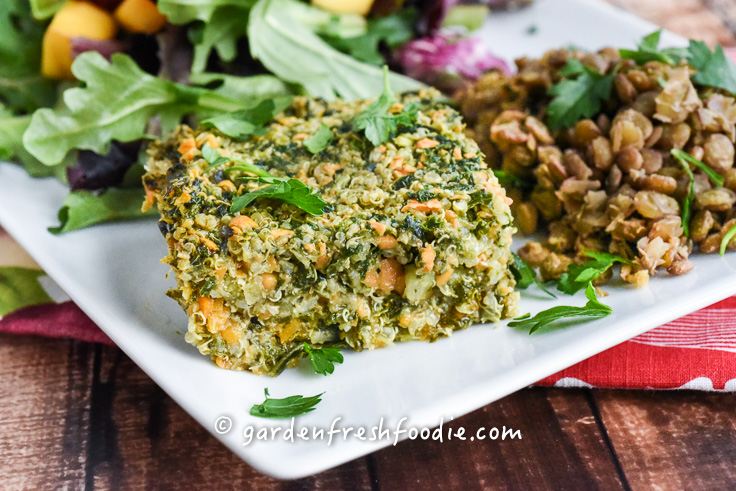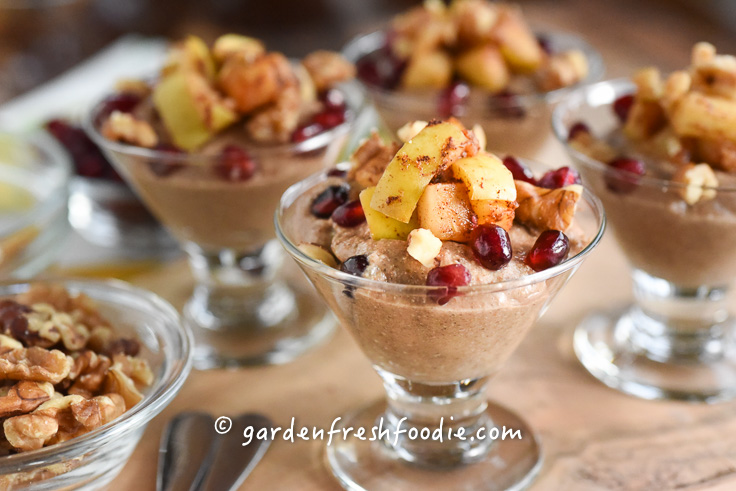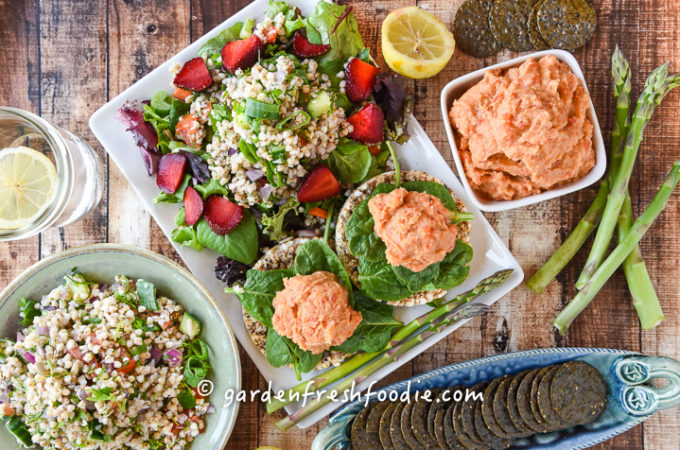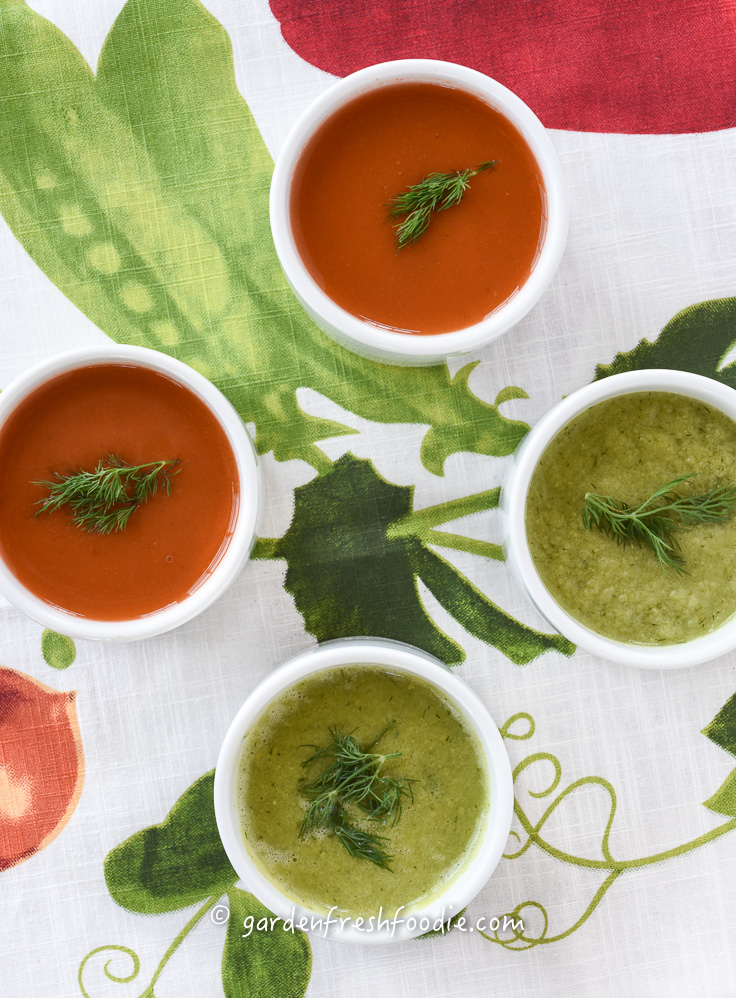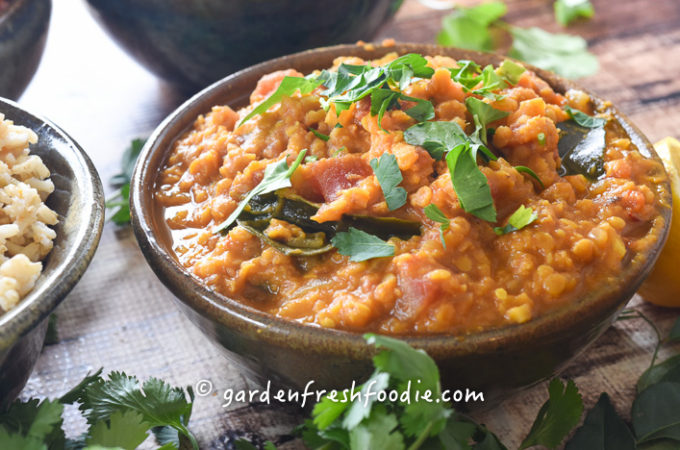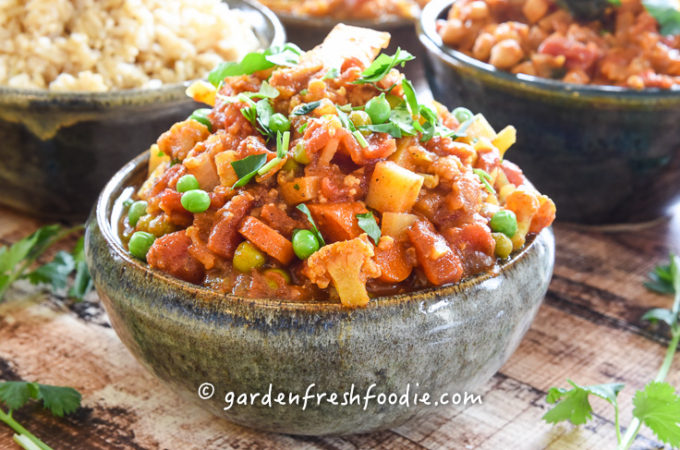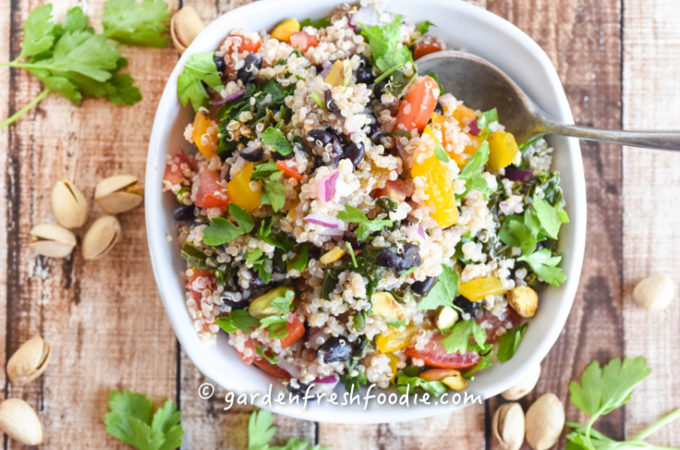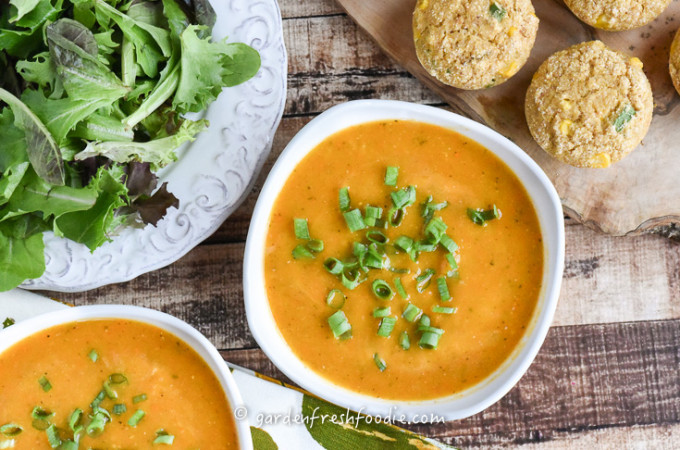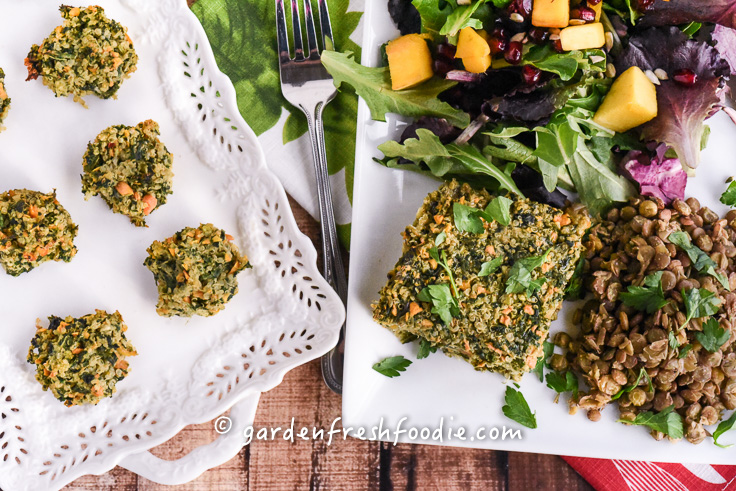 A lighter and healthier version of Passover is coming to your table (I hope!). Whether or not you celebrate Passover or recently Easter, both holidays are laden with heavy animal-based recipes. Most focus around eggs, meat, and sugar, all foods that have gotten our country on its obesity, diabetic, heart disease path. Passover is a holiday bursting with symbols. Jews eat a large dinner called a seder on the 1st and 2nd nights of the eight day holiday. The term seder means order, and is used to tell the story of the Jewish people fleeing their Egyptian enslavement. The foods used during the seder are symbolic of the time of year in which Passover is celebrated, spring, as well as the events that took place during the time.
A lighter and healthier version of Passover is coming to your table (I hope!). Whether or not you celebrate Passover or recently Easter, both holidays are laden with heavy animal-based recipes. Most focus around eggs, meat, and sugar, all foods that have gotten our country on its obesity, diabetic, heart disease path. Passover is a holiday bursting with symbols. Jews eat a large dinner called a seder on the 1st and 2nd nights of the eight day holiday. The term seder means order, and is used to tell the story of the Jewish people fleeing their Egyptian enslavement. The foods used during the seder are symbolic of the time of year in which Passover is celebrated, spring, as well as the events that took place during the time.
Passover is a holiday that can leave you feeling like you’ve eaten a ton of bricks. Literally, that’s what some of the recipes actually symbolize, the bricks used in the building of the pyramids by Jewish slaves. However, you don’t have to feel that way! This is the modern era! Since Passover is a holiday bursting with symbols, our food symbols and their meanings can be altered to represent healthier options, and not only the ideas of the past. The unleavened bread Jews eat during Passover, matzah, represents the speed at which Jews had to leave their homes, not having enough time for their bread to rise. Matzah, however, doesn’t help us move quickly (if you catch my drift). Charoset is one of the healthiest items on the seder plate made of apples, cinnamon, and nuts. It is used to represent the mortar used to build the pyramids. And the eggs, oh the eggs! Placed on the seder plate to show rebirth and the coming of springtime, eggs are in almost every Passover recipe. Eggs are high in cholesterol and saturated fat. Two items that lead us down a path of heart disease, and as Americans, we don’t need any more help in eating more saturated fat and cholesterol. So I say, let’s leave the eggs on the plate, and let’s lighten up those holiday recipes, and do what our ancient tribesmen and women did, reinvent your future!
On another note-Passover and Earth Day coincide this year. Earth Day is also a time to celebrate the renewal of spring, and time to bring attention to the footprint we leave on the planet. Most people do not understand the impact their food choices have upon the planet. What’s on your plate makes a FAR greater impact on the planet than what car you drive or whether or not you recycle. While I believe in recycling, reusing, and driving a fuel efficient vehicle, eating a plant-based diet GREATLY reduces the amount of water, land, and energy it takes to produce your food. Animal-based diets are enormous consumers of resources, a topic that largely gets ignored. So-this year, celebrate the Earth by celebrating healthy options on your plate as well!
Ways to lighten up:
1) No one says you have to eat matzah at every meal: skip the matzah and use lettuce wraps, fresh salads, and eat more fresh veggies and fruits. Make this an opportunity to eat LESS processed foods, rather than more!
2) Skip the eggs-you can swap out 1 tbsp of ground flaxseed (also known as meal) plus 3 tbsp water in place of eggs for all baking recipes. This doesn’t work if you’re looking for a scrambled or omelet texture however. If you eat beans during Passover, you can make a tofu scramble, like this one.
3) The symbol of greens on the seder plate represents rebirth, renewal, and the coming of spring. Greens also help to renew and revitalize the body. Eat as many greens as you can during Passover, and all the days to come
4) Try things like quinoa and buckwheat for salads-both of these are SEEDS, not grains, and therefore K for P (Kosher for Passover)! I have a bunch of recipes on the site using these foods.
5) Chia seeds make a great dessert when combined with a dairy-free milk such as almond milk
6) When baking, you can substitute almond flour for many recipes that call for matzah meal. This way, you can add some whole foods that are rich in protein and whole food fats.
7) Skip the added oils and margerine-there’s no need for them! You can sauté in water or vegetable broth, as well as swap them out for nut butters in baking recipes. Oil is just fat calories, offering else. By using nut butters in their place, you’ll receive the health benefits of the plant-based protein and added fiber. By skipping the oil when you sauté, nothing will be missed, except unwanted fat and calories
8) If you’re Sephardic, eat some beans! We love beans and eat them every day in some way. They’re loaded with plant-based protein, fiber, iron, magnesium, and potassium!
For information on more Passover recipes, head on over to my section on plant-based Passover recipes. If you eat beans, your options are much larger during this time.
Here are some great go-to’s for Passover! Here’s a whole meal-soup, salad, side, main dish, and a dessert!
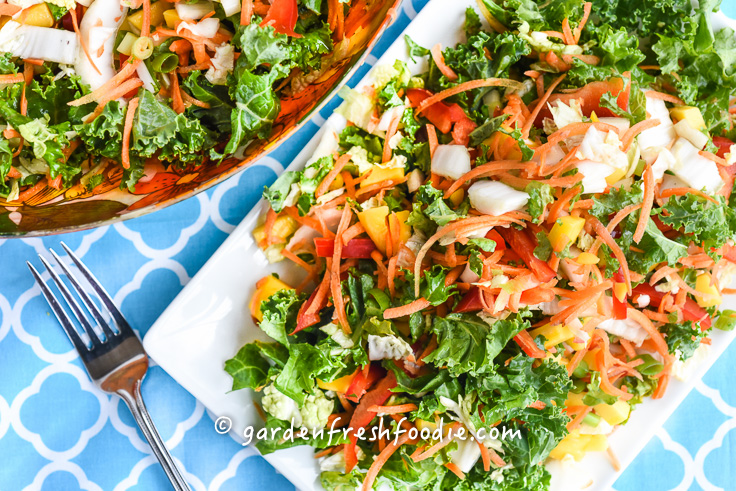
Tzimmis-A traditional carrot, sweet potato stew made with prunes
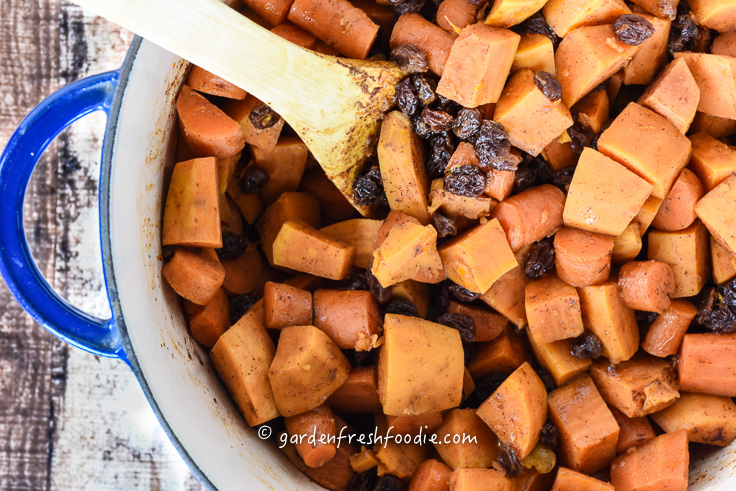
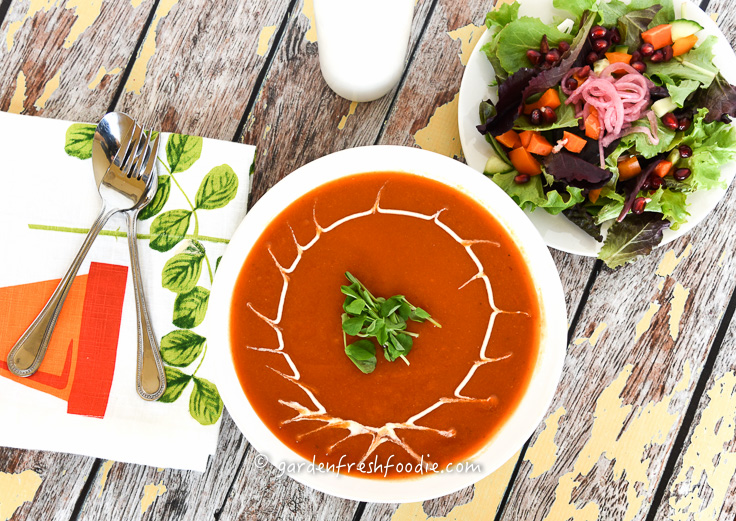
Wishing you and your family, a health and happy Passover!
